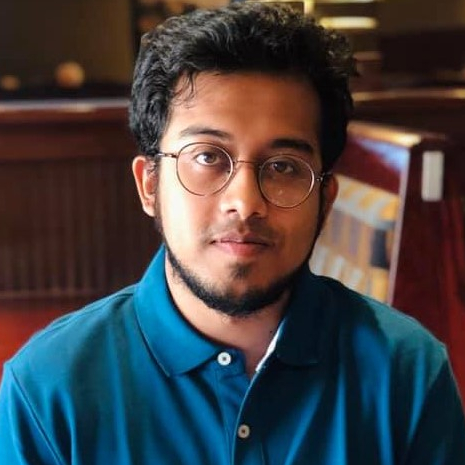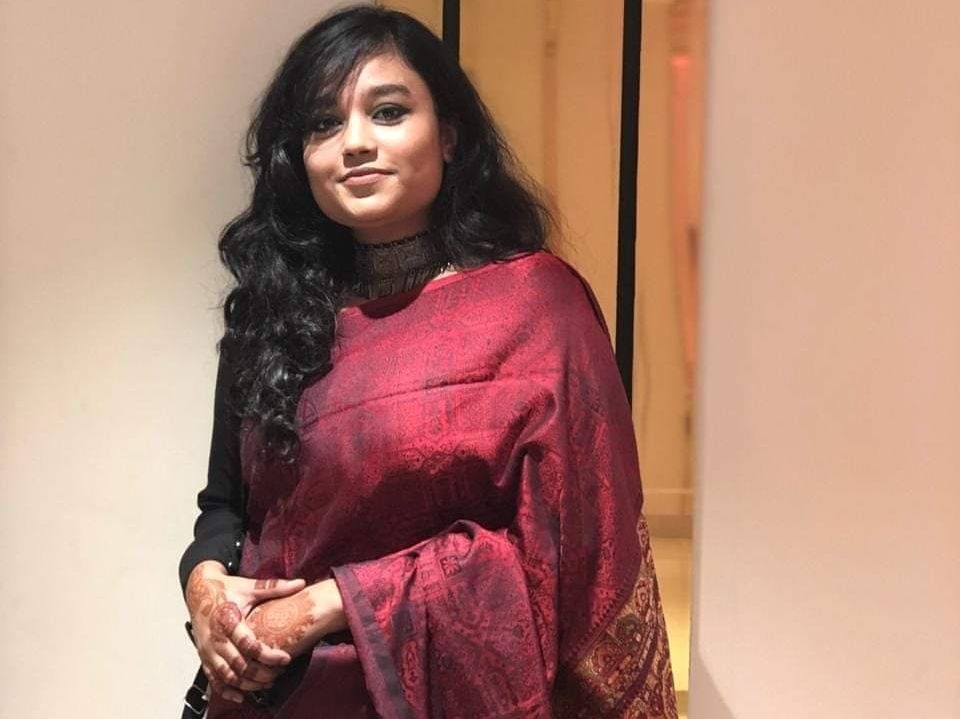
Study Abroad Stories - Rahatul's Experience
~5 min read
Rahatul Amin Ananto is currently pursuing his Master’s degree in Computer Science from the University of Manitoba. He has completed his Bachelor’s degree in Computer Science from BRAC University. Afterward, he joined Sourcetop Inc as a Jr. QA Engineer and worked there for 1 year. Then, he switched to Therap (BD) Ltd and worked there for 8 months as an Associate Software Engineer, QA before moving to Canada.
Rahatul has always been very enthusiastic about robotics. To pursue his passion, he had worked at the robotics club of BRAC University, participated in several international robotic competitions, and defended his undergraduate thesis on a topic based on underwater robotics. After completing his undergraduate studies, Rahatul did not find any companies working on robotics in Bangladesh and he did not want his passion to go in vain and thus, he decided to pursue a Master’s degree abroad in the field of robotics.
From the very beginning, Rahatul knew that he would want to go abroad after completing his undergraduate studies. So, he ensured to maintain a good enough CGPA since he would not want his CGPA to become a hurdle to get into a good university in North America. Also, he got involved in extra-curricular activities and invested his time in building up technical skills. These initial preparations helped him immensely during his application process.
Then, Rahatul started working towards managing funds for his higher studies. Based on a lot of research, he realized that he should go for a thesis-based Master’s program. This is because usually funds come from various organizations to perform research that those organizations are interested in. Also, the area of research plays a significant role in receiving funds.
Rahatul started shortlisting professors who were working in the research areas - Human-Computer Interaction (HCI), Human-Robotics Interaction (HRI), and robotics. For this, he explored the websites of at least the top 20 schools in Canada and the USA. After he was done, Rahatul began sending emails to his shortlisted professors.
While emailing professors, Rahatul ensured to tailor-made each of the emails for each of the professors. Before sending an email, he skimmed through at least 2 of the research papers of the professor and tried to link the research to his own experiences or projects. Also, at times, he proposed improvements that can be made to the research work of the professor and asked the professor whether he/she was willing to let Rahatul work on the improvement as a member of his/her research group. In his first email to a professor, Rahatul used to attach his updated resume and transcripts, highlighting his CGPA and research experience.
“You may ask whether having a research paper is a mandatory metric to qualify for receiving funds for higher studies. My answer is both a yes and a no. There are a few professors who are extremely particular about the conferences and the journals their students are publishing research papers on. So, they are likely to prefer students who do not have any publications. And they may not be willing to take a student in their research groups provided that the student has multiple research papers published in a low-impact journal. Also there are professors who look for students having multiple publications.” ― Rahatul Amin Ananto
After beginning his studies at the University of Manitoba, Rahatul realized the importance of a well-written research paper. Even if his research paper had top-notch findings, he felt that if it was not well-written it would not have the expected impact. Rahatul learned a lot about writing research papers from his professor. Prior to writing a paper, he had multiple meetings with his professor. He would write an initial draft just to develop the structure of the paper. Afterward, he would write multiple drafts, and then eventually, he and his professor would come up with the final version, ready to be submitted for a journal or a conference.
“Never lose hope. You do not know what opportunity lies ahead for you. Even if you have a low CGPA, you should try doing something extra to compensate for that. Maybe work on a new project, do a new research, write a research paper, or you can learn a new skill or complete an online certificate course. Anything is good when it comes to experience. So do not forget to add the simplest details in your CV while you are emailing professors to get funding opportunities. However, do not put unnecessary information in the CV, that may clutter it up and may not be useful. Keep your CV concise. Best of luck!” ― Rahatul Amin Ananto
Special thanks to Rahatul Amin Ananto for taking out the time to share his study abroad experience with me.


